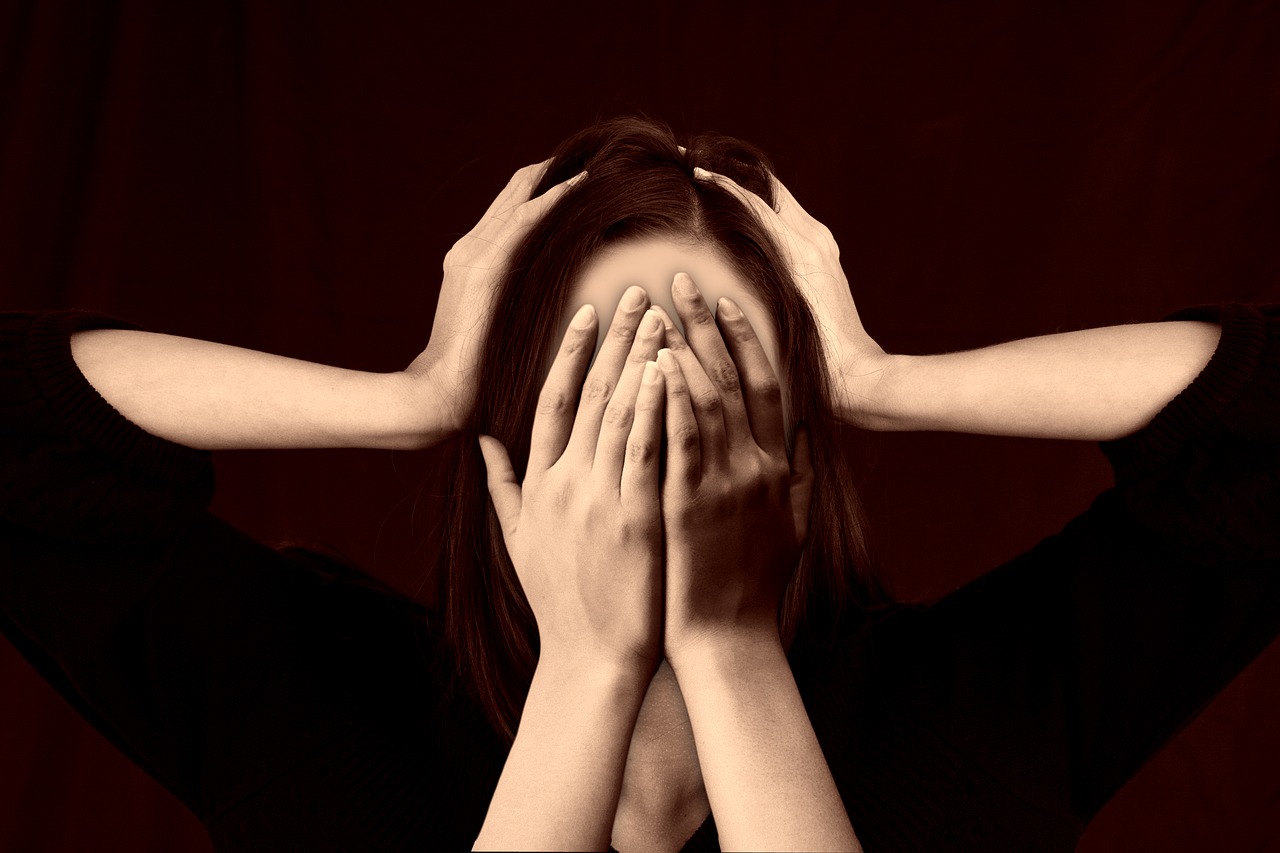In May this year, the hotly debated issue of cyberbullying on YouTube took center stage in the online creator community. The incident that spurred the controversy were racist and homophobic comments from right-wing commentator Steven Crowder against Vox host Carlos Maza.
Crowder vs. Maza
The harassment from Crowder didn’t happen overnight or in one comment. Maza is a video producer who writes, produces, and hosts Strikethrough, a series on Vox’s YouTube news and current affairs channel. Vox, a US news and opinion website owned by Vox Media, launched the channel in 2014 and has amassed over 5.7 million subscribers and more than one billion views as of April 10, 2019. After taking insult after insult from Crowder with no reaction from YouTube, Maza eventually released a string of tweets showing several examples of Crowder’s abuses. Maza wrote that since he began working for Vox, Crowder had made countless videos “debunking” the series with each video repeatedly and overtly attacking his ethnicity and sexual orientation. He said this violated YouTube’s anti-cyberbullying policies. Maza has also received hateful racist and homophobic abuse on Twitter and Instagram from Crowder followers.

YouTube’s Reaction
YouTube states in its community guidelines that it prohibits content “deliberately posted to humiliate someone, make hurtful and negative personal comments/videos about another person, or incite others to harass or threaten individuals on or off YouTube.” Also, over a year ago, YouTube swore to clamp down on hate speech and destructive content.
Nevertheless, although Maza flagged several of Crowder’s insulting videos over several months, YouTube only reacted when his tweet went viral, thanking him for helping them and promising to investigate the videos. The investigation began in June. Crowder claimed that his videos were meant to be funny and that he was also against harassment and
After four days, YouTube said that while Crowder’s language was “hurtful,” it didn’t violate its rules and wouldn’t be deleted from the site. This reaction garnered significant criticism, and the next day, YouTube temporarily suspended Crowder’s ability to earn ad revenue until he addressed all the issues regarding his channel. YouTube CEO Susan Wojcicki also apologized to the LGBTQ community after many channel creators criticized the company for not acting and for its bad messaging around the situation.
Growing pressure from Maza and others also made YouTube ban or demonetize channels with radical views or containing Nazi symbolism. The bans primarily impacted far-right and alt-right accounts.
YouTube ruled not to ban Crowder entirely because although they didn’t agree with his words and actions, his videos did not constitute harassment or cyberbullying – or what is unofficially called “creator-on-creator harassment.”
Wojcicki said that Crowder’s language was intended as a joke and was part of longer videos aimed at refuting the Strikethrough series. When taken in context, the videos did not violate the policies from YouTube’s point of view.
Maza tweeted that “by refusing to enforce its anti-harassment policy, YouTube is helping incredibly powerful cyberbullies organize and target people they disagree with.”

Where to from here?
On July 11, Neal Mohan, YouTube’s Chief Product Officer, was quoted as saying at the company’s VidCon in California, that it was working on new rules to thwart “creator-on-creator harassment” that will be announced later this year. He did not give details of how the policies would look but said they are taking it seriously.
While it may seem like this is a direct result of the Crowder/Maza incident, Mohan made a point of saying that it was not, but that the new regulations will cover such events and others incidents that lead to upsetting videos and gathers global attention.
A spokesperson for YouTube said that Mohan was alluding to a company statement from April. At the time, Wojcicki that she takes it “very seriously when creators share stories of experiencing harassment on the platform” and that YouTube will “do more to discourage this from happening.”
At the June 10-12 Code Conference, the world’s premier, annual invitation-only technology conference, she again mentioned similar plans which she said were “next on our list.” While there is always room for improvement, Wojcicki says she feels that the company and platform have come a long way.


